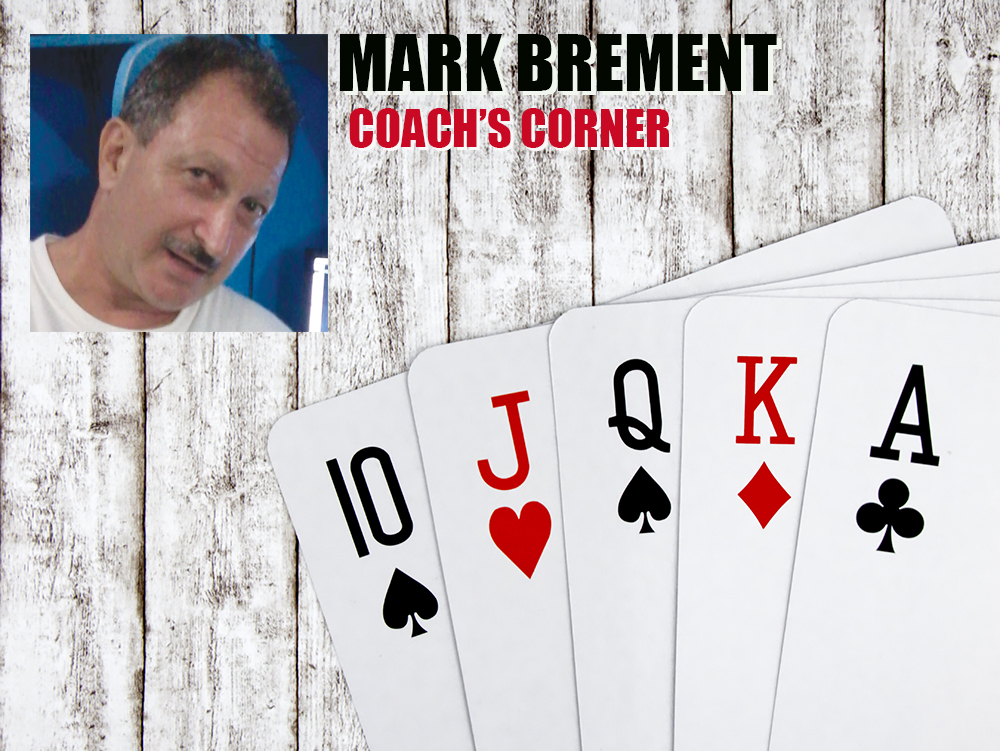Editor’s note: This is Part II from last month’s column on turning pro.
We can’t underestimate the psychological effect a replenishing bankroll has on a player. Most players at your table have income that enables them to sustain losses from variance (normal swings) or poor play.
When a winning player has booked consistent monthly earnings for two years decides to quit the day job and play for a living, he’ll be ahead of the curve.
Think about a pot with $3K in the middle and we have $800 equity in there. We’ll be equally happy when we “take it down” if we’re playing recreationally or playing for a living. On the other hand, if that pot represents making rent, the pot is much more significant.
We’re not able to laugh it off if we lose. We’re incapable of embracing variance. Tilt can start to set its tentacles into our small brains, (Spock would say “curious”) and our fate is set in stone. You’re doomed.
Where is that old poker love? That warm fuzzy feeling you used to exude at the table? Have you ever noticed some opponents who seem bitter?
The best way to take on becoming a player supported
100 percent from table winnings is to grasp the above and develop strong habits away from the table. Indeed, intangibles are what separate those of us who are able to “go pro.”
In my last column, I covered some discipline-related topics. Let’s add misery index and family to the intangibles conversation. Perhaps they are closer cousins than you realize.
Every player has a built-in misery index. We can think about this as a threshold of pain. I know guys who are millionaires who have lower misery indexes than players who are essentially playing with their poker stake.
To join the 5 percent of players who put together a string of profitable years, you’ll have to dig deep. Reread the aforementioned advice.
Understand how you endure swings. Having a poker buddy or weekly group helps you get past the emotional part of the game. Hiring a coach should keep you on the straight and narrow.
POKER AND FAMILY: Let’s keep it real; the two don’t mix. Does that mean there aren’t successful players who have great family support and are able to pull it off?
Of course there are. We all know players who can do this. That said, it should be obvious the freestyle life of young players who aren’t encumbered by family responsibilities makes going pro much easier. Ah, the good old days.
— Mark Brement has spent 15 years teaching and coaching all facets of poker, including at Pima CC. Email him at brementmark@gmail.com.



